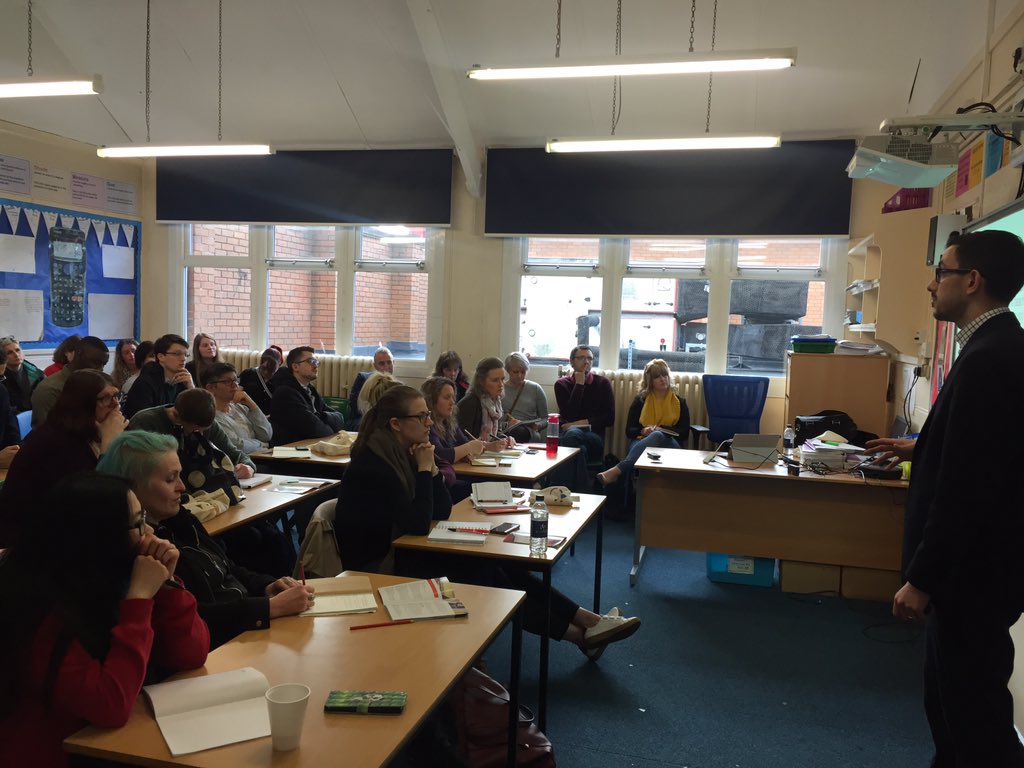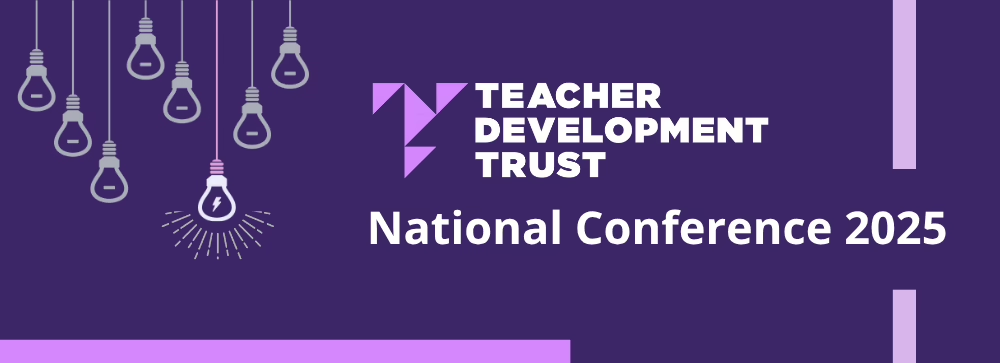This is the third of a short series of blogs covering my talk from ResearchED Birmingham, from the 2nd of March, 2019
Teacher environment
I’ve long been a fan of Matthew Kraft and John Papay’s 2014 study looking at the link between teacher-reported environment and teacher improvement. I’ve tried to simplify their graph of their findings here:

In this study, they took teacher survey data about a large number of schools and created a measure of the quality of teacher-report environment. In schools at the 25th percentile (i.e. near but not at the bottom, with a low quality environment), teachers seemed to improve for around 3 years and then plateau. In schools at the 75th percentile (near the top, with a high quality environment), teachers not only improved more quickly for the first three years, but they also kept on getting better over time. Teachers in the better school were, on average, seeing 40% more academic progress year-on-year than their colleagues at the worse school.
The 6 factors comprising this environment score were:
- PEER COLLABORATION: collaboration to refine their teaching practices and solve problems in the school – i.e. they got to meet regularly and discuss the best ways to plan and improve teaching and the wider school.
- PRINCIPAL LEADERSHIP: school leaders support teachers and address concerns – i.e. responsive senior leaders who listen, respond and make staff feel valued.
- BEHAVIOUR FOR LEARNING: a safe environment where behaviour rules are consistently enforced and and school leaders assist teachers – i.e. where teachers are supported, not blamed, to create consistently orderly classrooms where teachers feel secure to think hard about improving their own practice. That is, behaviour not only for pupil learning but also behaviour for teacher learning.
- PROFESSIONAL DEVELOPMENT: sufficient time and resources for relevant CPD & INSET – i.e. avoiding both lack of input as well as avoiding lecturing staff about ideas that don’t seem relevant nor applicable.
- SCHOOL CULTURE: mutual trust, respect, openness, and commitment to student achievement, commitment to shared goals – i.e. a strong culture of collegiality.
- TEACHER APPRAISAL: meaningful, objective, consistent feedback that helps teachers improve their teaching – i.e. a focus on being developmental, not judgemental, such that teachers themselves feel bought into the system and feel that it’s useful in helping them to help pupils.
Two of these factors were also found similarly by Helal & Coeli 2016 who


